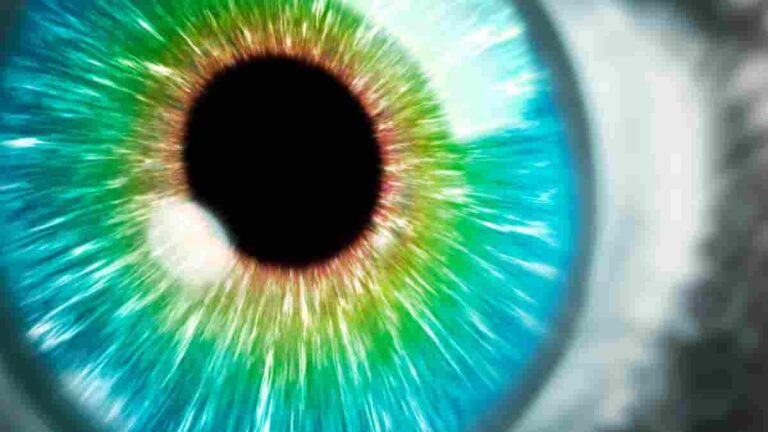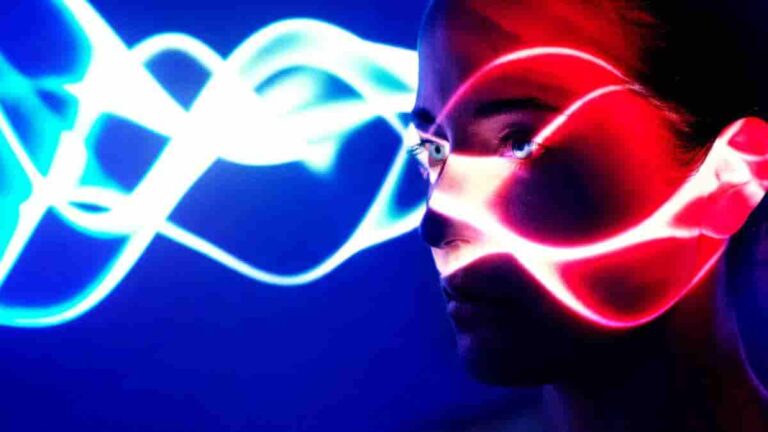According to a recent study, the brain already modifies how objects on the retina are perceived when it is in our best interests to do so. In other words, we unconsciously see things distorted when it comes to our survival, well-being, or other interests. Do our senses exist to give us the most accurate picture…
Tag: vision
Fixational Ocular Drifts are Under Cognitive Influence
According to Weill Cornell Medicine neuroscientists, ocular drift, a very subtle and seemingly random type of eye movement, can be influenced by prior knowledge of the expected visual target, implying a surprising level of cognitive control over the eyes. The discovery advances scientific understanding of how vision, which is more than just the absorption of…
An Alternate Organization For The Secondary Visual Cortex
The brain’s maps of visual space are thought to retain the topology of the retina, but a new study1 has found that visual maps in the secondary visual cortex of tree shrews challenge this assumption. Neuroscientists who specialize in vision are the cartographers of the brain, exploring and mapping out how our brain represents what…
Conscious Perception Of Vision Occurs Outside The Visual Cortex
The conscious perception of visual location occurs in the frontal lobes of the brain, rather than in the visual system in the back of the brain, according to a study from Dartmouth College. The results are significant given the ongoing debate among neuroscientists on what consciousness is and where it happens in the brain. “Our…
Deep Predictive AI Uncovers What The Visual Cortex Likes Most
Opening the eyes provides an instant visual perception of the world — and it seems effortless. But the process that starts with photons hitting the retina and ends with ‘seeing’ is far from simple. The brain’s fundamental task in ‘seeing’ is to reconstruct relevant information about the world from the light that hits the eyes.…


